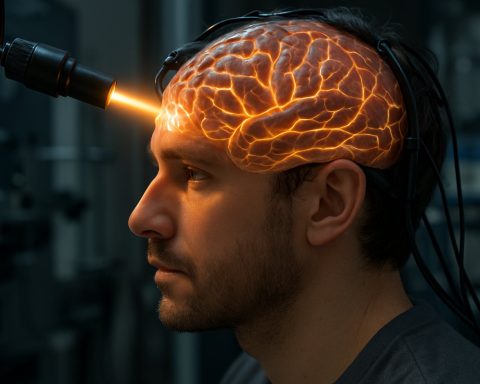
Quantum Random Number Generation: The Unbreakable Code Revolutionizing Cybersecurity
Unlocking True Randomness: How Quantum Random Number Generation (QRNG) Is Shaping the Future of Secure Communications and Data Integrity. Discover Why Quantum Physics Is



















